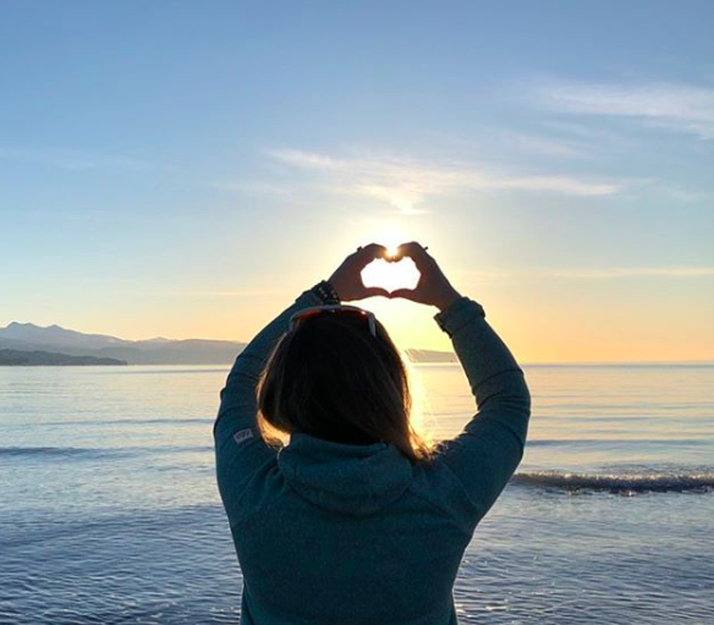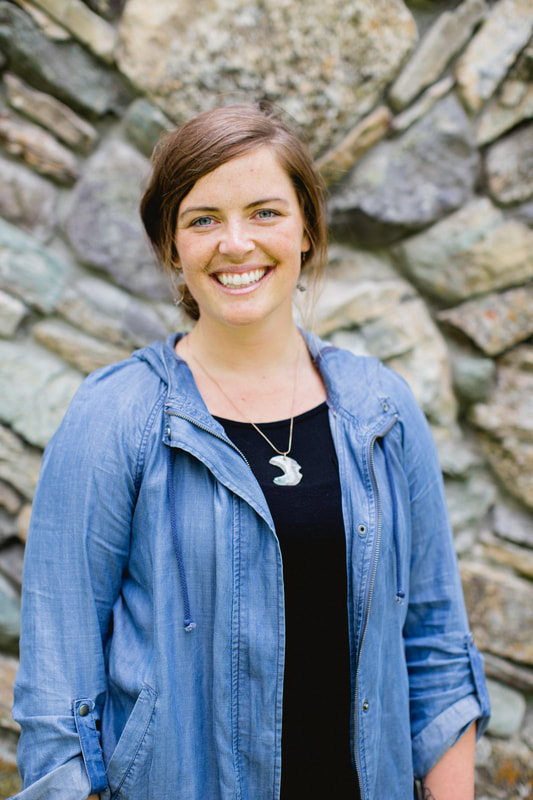// Journal //
Mollie writeS longer postS HERE, and
micro-BlogS More Regularly On instagram.
Click TO read through Her feedS:
@Mollieofthenorth / @YogaHiveWithMollie
micro-BlogS More Regularly On instagram.
Click TO read through Her feedS:
@Mollieofthenorth / @YogaHiveWithMollie



 RSS Feed
RSS Feed